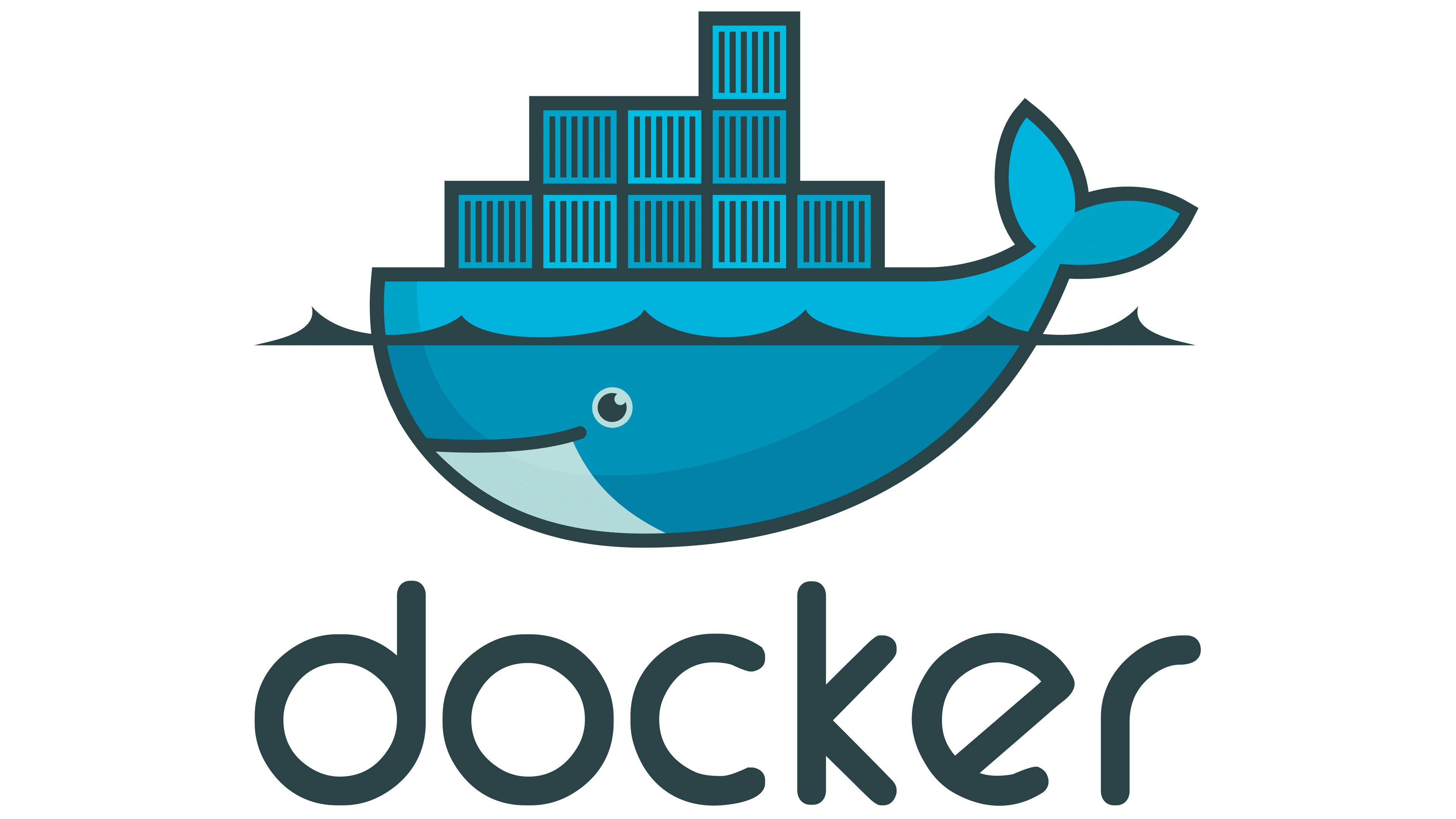
Remember those four types of networking failures mentioned in the opening? Here they are in all their glory. Docker networking fails in predictable, stupid ways - I've debugged this shit for years and it's always one of these four things that broke overnight, usually after something "harmless" like a system update.
DNS is Fucked (90% of Problems)
The most common disaster: containers suddenly can't reach the internet. You'll see DNS resolution failures during apt update, npm installs timing out, or the generic "could not resolve host" errors that tell you nothing useful. Recent users report the same shit - DNS working one minute, broken the next.
Here's what actually happens: your Ubuntu system updated systemd-resolved and now Docker inherits broken DNS config from your host. I learned this the hard way when Docker updates broke DNS inheritance for half the Ubuntu users after system updates. Spent 6 hours debugging before realizing systemd-resolved was fighting with Docker's DNS. This systemd-resolved + Docker conflict affects rootless Docker too, and private networks get completely fucked because of systemd-resolved's caching.
The nuclear fix: Edit /etc/docker/daemon.json and force DNS servers:
{
"dns": ["8.8.8.8", "1.1.1.1"]
}
Corporate networks are special hell - they block external DNS and you have to figure out their internal DNS servers. Good fucking luck.
Port Forwarding is a Lie

Your container runs fine on localhost:8080 but the outside world can't reach it. Docker says the port is published (docker port shows 0.0.0.0:8080->80/tcp) but it's a black hole.
This happens because Docker automatically fucks with iptables rules without asking. Your existing firewall rules block Docker's traffic and Docker doesn't tell you. UFW particularly hates Docker because Docker bypasses UFW completely.
WSL2 is even worse - port forwarding just doesn't work and you have to manually configure Windows firewall and network adapters. Docker containers are invisible from Windows, mirrored networking breaks everything, and VSCode can't reach containers. I've seen devs waste entire days on this. Recent WSL2 users still report port forwarding randomly stopping after Windows updates, and Docker Desktop + WSL2 makes networking even more unstable. Bridge networks don't work at all in some WSL2 setups.
Containers Can't Talk to Each Other

You put containers on the same network, they should talk using container names. Except they can't and you get "connection refused" or DNS resolution failures.
The default bridge network is garbage. It doesn't do DNS resolution between containers. Everyone gets confused by this because the docs don't explain it clearly. Container networking constantly breaks for no apparent reason, and containers can't connect to each other even when they're supposedly on the same network.
Quick fix: Stop using the default bridge. Create your own:
docker network create myapp-network
User-defined networks actually work for container-to-container communication.
Host Access is Platform Hell
Containers trying to reach services on your host machine - database, API, whatever. The error is always "connection refused" even though the service is running.
host.docker.internal works on Docker Desktop but not Linux. Linux needs --add-host host.docker.internal:host-gateway but only on newer Docker versions. Older versions need the bridge gateway IP which changes randomly. Docker-to-host communication breaks constantly and bridge networks conflict with host networks in unpredictable ways. Networking connections time out randomly and WSL2 makes it worse.
It's a clusterfuck of platform-specific workarounds that break when you move between dev environments. Connecting containers to both host and bridge networks is impossible because Docker won't let you do it.
The Pattern: Docker Networking Always Breaks the Same Ways
After debugging this shit for years, the pattern is clear. Docker networking fails in four predictable categories, usually after something changes (system update, Docker update, network change, or just random Docker weirdness).
Current reality check (August 2025): Docker Engine 27.x and the newer 28.x versions still exhibit these same networking issues. If anything, Docker 28 introduced new networking problems with firewall integration that break container port access after firewalld reloads. The more things change, the more they break in the same predictable ways.
The good news? The fixes are also predictable once you know what you're doing.



